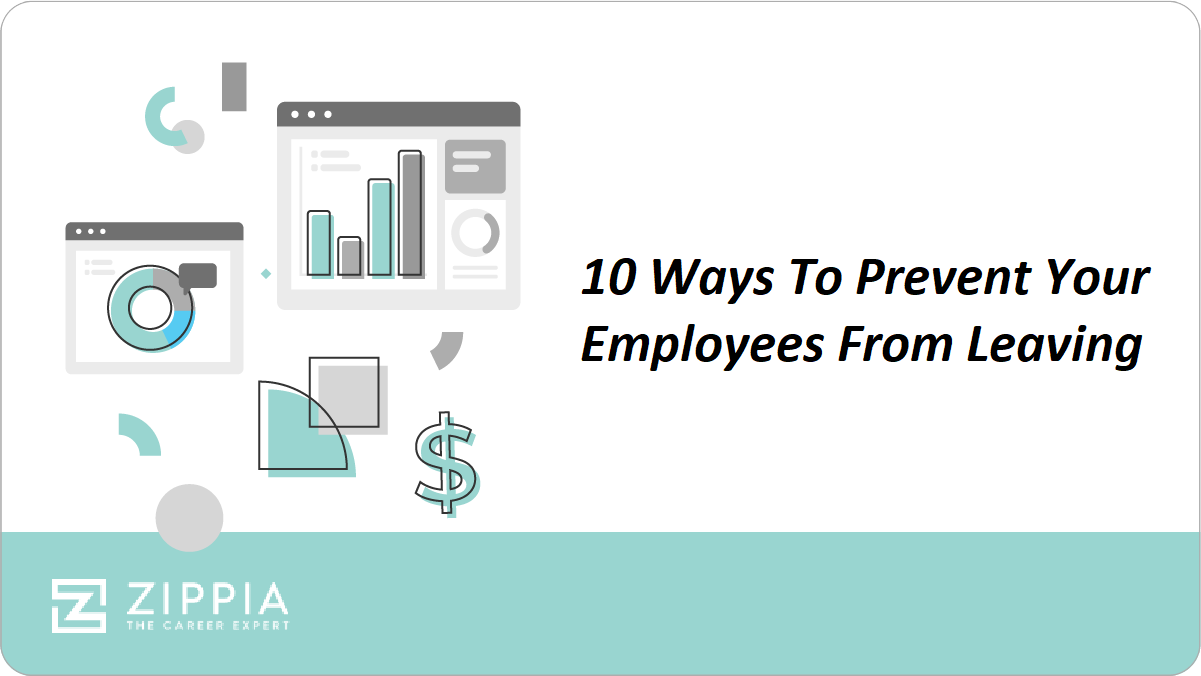All companies go through changes. When there are large-scale, company-wide impact changes, sometimes it’s important to ensure your team’s key members stay committed to the company and see the large initiative through. That’s where retention bonuses come into play.
When companies need a financial advantage to encourage key leaders or employees to remain with the company, an employee retention bonus may be offered. This typically one-time payment motivates employees to stay with the business, usually during an important event such as a merger, acquisition, or other deadline-driven initiatives.
Key Takeaways
-
A retention bonus is a one-time payment provided to an employee in exchange for their agreement to stay with the company for an agreed-on set period of time
-
Employers may offer these bonuses during times of upheaval, such as a restructuring, merger, acquisition, or if they suspect an employee may be looking to leave the company for a competitor.
-
Employee retention bonuses are not tied to productivity or work performance.
What Is a Retention Bonus?
A retention bonus is a one-time payment provided to an employee in exchange for their agreement to stay with the company for an agreed-on set period of time. Typically, retention bonuses are a good amount of money, such as 10-25% of an employee’s current base pay. The time committed to the employer depends on the agreement signed.
Employers may offer these bonuses during times of upheaval, such as a restructuring, merger, acquisition, or if they suspect an employee may be looking to leave the company for a competitor. The use of retention bonuses is typically for larger companies with upwards of 20,000 employees.
When Should Companies Consider Offering Retention Bonuses?
Companies experiencing a period of unease or unrest may want to consider retention bonuses. These financial incentives can help in the following ways.
-
Establish the company’s reliability. Even in times of unease, companies should do their best to do right by their employees. Bonuses can help employees feel happy and feel loyal to the company for many years.
-
Boosting morale. Bonuses can significantly improve morale as it shows how much the company appreciates the employee and their work. They may be more motivated to perform well.
-
Loyalty. Workers who are adequately or even over-compensated for their effort and knowledge will respect the company they work for. Bonuses can help employees feel invested in the company’s success.
-
Consistency. Consistency is important for employees to feel like they’re working towards something important, but it can also be important for your brand image. Customers enjoy seeing the same employees and are more likely to view the company as reliable.
-
Rewarding performance. Retention bonuses aren’t typically reserved for performance but can be used in certain circumstances. By rewarding your employees for a job well done, they’re more likely to continue providing the same level of work.
-
Retention. The main reason to offer a retention bonus is, of course, to invest in your highly skilled workers. Experienced workers are more confident and productive and can benefit your company in many different ways. Retention bonuses help them stay loyal to your company for years to come.
How Do Employee Retention Bonuses Work?
As mentioned above, employee retention bonuses are not tied to productivity or work performance. Typically, an agreement between employee and employer is made specifying how long the company requires the employee’s services in exchange for the bonus amount provided. Employees can receive the bonus as a lump sum or dividend.
The amount of the bonus will depend on things like the reason for the bonus, the company’s finances, or competing salaries. It’s up to the employer to determine the amount given, so they must first discuss the reasoning for the bonus. For example, if an employee is considering working for a competitor, it’s a good idea to beat the salary being offered.
Why You May Need to Use a Retention Bonus
There are many different reasons for offering a retention bonus as stated above, but here is a list of some of the more common reasons why you may choose to use a retention bonus instead of other types of bonuses.
-
The employee has the skills necessary for the company. If the company has an employee with a specific talent or skill and it’s necessary to keep the business running, they may offer a retention bonus as an incentive to stay while the company hires and trains more people.
-
The company is going through change. When a company is going through a merger, acquisition, or uncertain times, employees are more likely to look for jobs elsewhere. A retention bonus can encourage them to stay.
-
The company wants to improve negotiation. During the hiring process, a retention bonus may act similar to a sign-on bonus during negotiations in order to improve their offer of employment.
-
The company wants to avoid competitive poaching. In a variety of industries, employees may hop from company to company, working for competitors in the process. By offering a retention bonus, employees are more likely to stay put.
-
A retention bonus is a one-time payment. Retention bonuses are cost-effective for companies because they are typically paid out once, meaning it’s less money to be paid out.
How to Calculate Retention Bonuses
Retention bonuses are not part of your employee’s salaries, so they are considered supplemental wages. However, this is still seen as income by the IRS. It is the employer’s responsibility to understand the tax implications for employees. The income from this bonus is part of the employee’s annual taxes, so there are two methods for how taxes are applied.
-
Aggregate. With the aggregate method, the retention bonus is added to the employee’s annual salary. The new figure develops their tax rate and is provided through their W-4. This method may result in higher tax rates for the employee.
-
Percentage. With the percentage method, use 25% as standard. If the bonus is upwards of $1 million, a tax rate of 39.6% should be applied.
Remember, these are just guidelines for calculating retention bonuses. It’s important to work with a tax professional when establishing retention bonuses for your companies.
Retention Bonus FAQ
-
How does a retention bonus work?
A retention bonus is a one-time payment outside of an employee’s regular salary offered as an incentive to stay with the company for a set period of time.
-
What is a typical retention bonus agreement?
A typical retention bonus can be between 10-15% of an employee’s base income. Some amounts can go as high as 25%, depending on the company, business, and needs.
-
Are retention bonuses a good thing?
Yes, retention bonuses are a good thing in the right circumstances. They can entice significant people to stay with your organization as you navigate uncertain times.
- Employee Retention
- Guide to Employee Turnover
- Retention Bonuses
- How to Conduct a Stay Interview
- Retaining Employees After a Merger
- How to Destroy Your Employer Brand
- How to Reduce Attrition
- How to Prevent Turnover
- How Bad Management Ruins Retention
- How To Cut Costs Without Cutting Staff
- How Managers Can Minimize Employee Turnover
- How Bad HR Can Destroy Your Company
- Effective Employee Retention Strategies
- Employee Retention Beyond The Honeymoon Phase
- Employee Retention
- How To Calculate Retention Rate
- Why Employee Retention Is Important
- A Guide To Merit Bonuses
- Unlimited PTO Guide For Employers
- PTO Policy Guide For Employers





